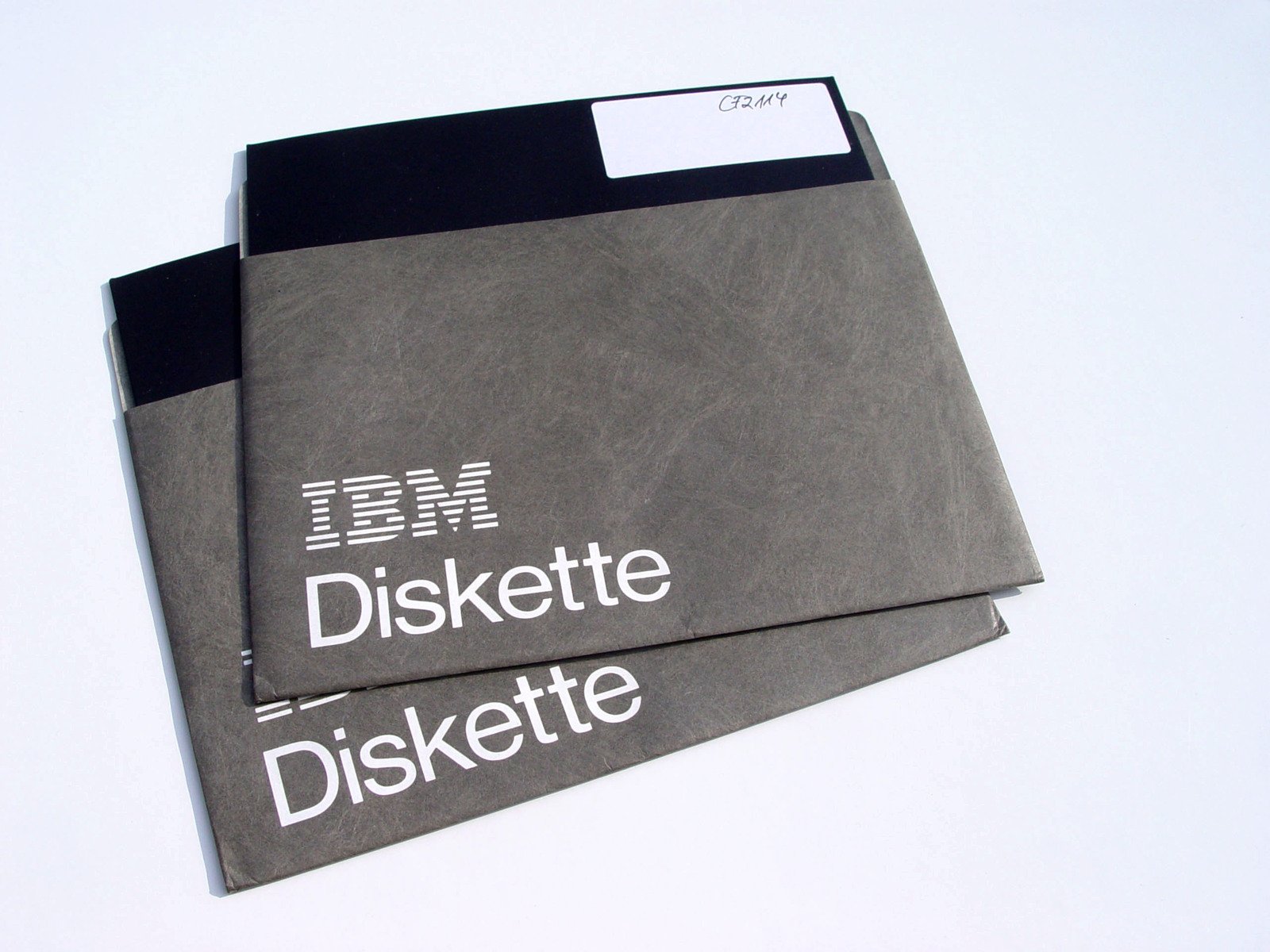

SIZE matters. Especially when it comes to patents. Samsung is a very large company that employs a huge number of people and is viewed as a national asset. It's to Korea what IBM used to be for the US. Samsung has already been 'king' of patents at the EPO and now IBM see itself dethroned in its own country. Reports and analyses have recently suggested that Samsung silently became 'king' of patents at the USPTO. We'll come to the cited criteria in a moment (it depends on what's being measured).
Another tale of patent litigation with its roots in convergence is now being played out in the Eastern District of Texas. What makes this one slightly different to other stories is that its main protagonist is a small, Spanish company that was spun out of a Barcelona university back in the late 1990s. Earlier this week, antenna R&D business Fractus filed suits in Marshall against AT&T, Verizon, T-Mobile and Sprint, accusing them of infringing its patents relating to cellular base station antenna technologies.
On May 14, Apple and Samsung will square off in court again. It's going to be the third trial in their first California case alone. What makes it interesting is that it will involve a design patent damages determination (damages in this case amounting to a disgorgement of infringer's profits) following a Supreme Court ruling in the same case. The exact amount of money that will change hands between Apple and Samsung won't impact the parties' positions in the smartphone market. However, it will be a signal to other design patent holders, including patent trolls. Should Apple be awarded a huge amount that Samsung could ultimately afford but the equivalent of which would potentially put many other companies out of business, design patents would be used in aggressive, extortionate ways.
Last week, Judge Lucy Koh ruled on the parties' Daubert motions. Daubert motions and rulings are hard to figure out from the outside unless they're just about numbers (such as damages claims that a court does or does not permit) because one would need to know the related expert reports to really understand the context. What became clear to me from Judge Koh's ruling, however, is that she gave Apple various opportunities beyond the test proposed by the United States government in 2016 to argue that the relevant article of manufacture for a disgorgement of design patent infringer's profits in this case is an entire phone, not just a casing. While Judge Koh adopted the broad lines of the DoJ's proposed test, her Daubert order explicitly and intentionally declines to apply parts of what the DoJ had argued in its amicus curiae brief to the Supreme Court.
Companies are filing for more patents every year—IBM received almost 1,000 more patents in 2017 than they did in 2016, an increase of 12% year-on-year. But, despite the fact that more patents are being filed for and granted every year, you still hear critics of patent reform claim that reforms have rendered patents worthless.
Samsung, IBM, Canon, Microsoft, Intel—these are all sophisticated users of the intellectual property system. They aren’t throwing money at something worthless; if they’re filing for patents, it’s because there’s value in doing so. And judging from all sorts of relevant statistics, as Patent Progress has previously covered, innovation is alive and well in the United States, including when it comes to patent filings.
Following two inter partes review proceedings, the court granted plaintiff's motion for summary judgment that IPR estoppel under 35 U.S.C. 315(e)(2) barred defendants from asserting invalidity of previously instituted claims based on prior art that was known by defendants when they joined a third-party's IPR, but which defendant's failed to assert in that IPR.
In the IAM/ktMINE US Patent 100, published in issue 89 of IAM, we revealed that Samsung owns by far the largest US patent portfolio. Now, new research conducted for IAM shows that the Korean conglomerate not only has the largest portfolio in the world, but also one of the strongest. Below we provide a detailed analysis of Samsung’s patent holdings, including an examination of how the company has developed its assets and the most salient patent-related stories it has been involved in over the last five years. Patent portfolio breakdown With almost 250,000 granted patents worldwide....
A Beijing court specialising in intellectual property (IP) rights disputes has dismissed requests from Samsung Electronics seeking invalidation of Huawei Technologies’ certain patent rights on smartphones after an earlier local Chinese court decision banned sales of certain phone models from the South Korean brand.
The Beijing IP Court confirmed that Huawei’s patent rights on smartphones involved in the disputes with Samsung were valid and it denied any procedural violation in the previous patent review process, which had dismissed Samsung’s requests on the grounds of they lacked a factual and legal basis, according to a report by China Intellectual Property News on Sunday – a newspaper supervised by the State Intellectual Property Office (SIPO).